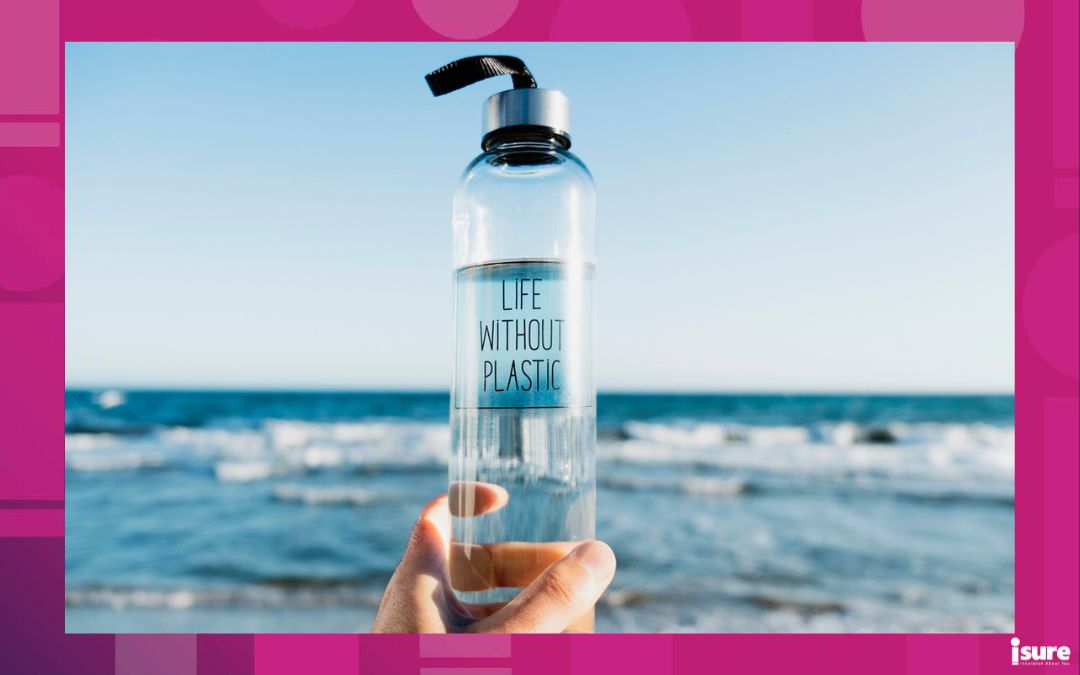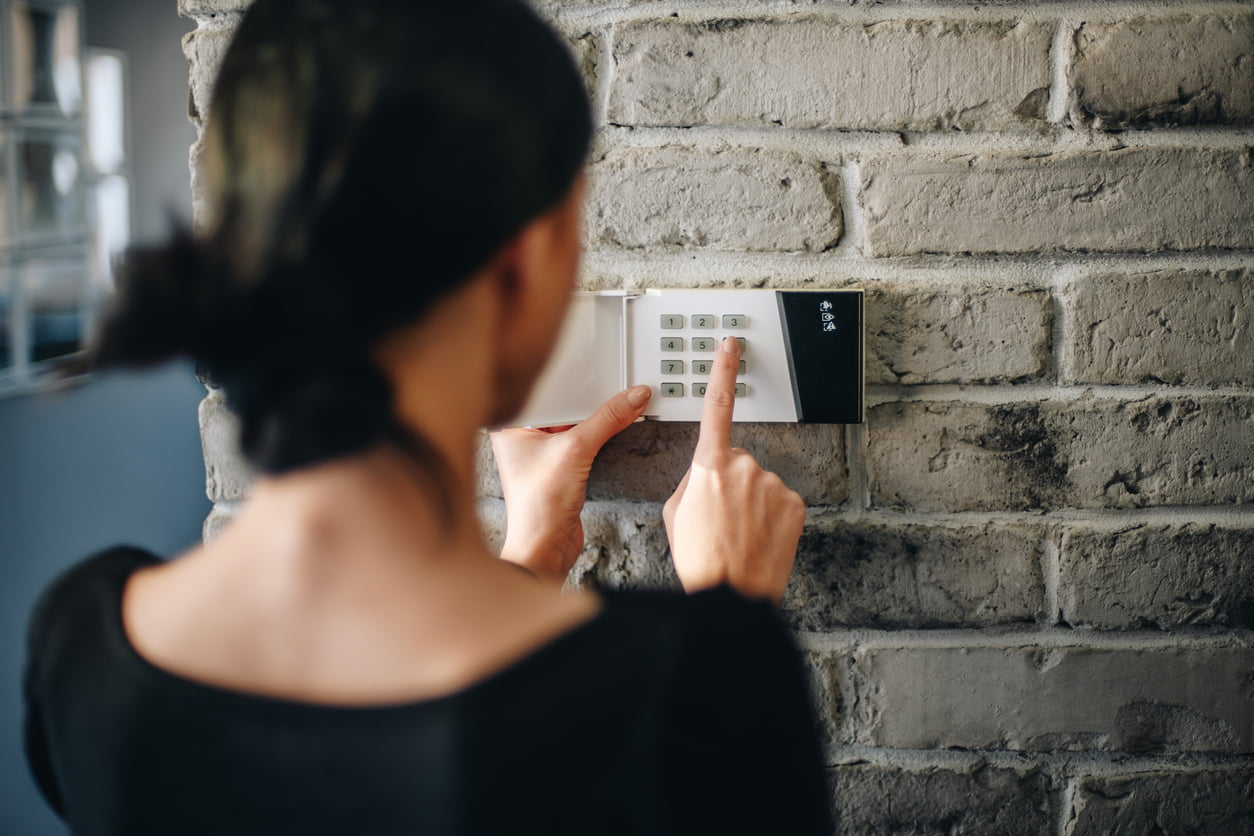The effects of climate change are becoming more prevalent in the weekly news cycles. As climate change worsens, more people are doing their part to limit its effects. The Canadian government is acknowledging the benefits of making climate-change-friendly shifts by offering incentives for being more environmentally-conscious. In fact, there are several tax credits, grants, and rebates available to Canadians looking to make some eco-friendly home improvements. Luckily, isure has everything you need to know when it comes rebates for your eco-friendly home improvements.
Ontario energy rebates
At ontarioenergyrebates.com, you can discover exclusive rebates and incentive programs available to Ontario homeowners. Let’s take a look at the breakdown below:
5 steps to savings
- Get a home energy assessment with a Registered Energy Advisor.
- Receive a custom report with upgrade recommendations.
- Make one eligible upgrade.
- Book a follow-up energy assessment.
- Get your rebate cheque, including up to $600 for assessments.
Who qualifies for these rebates?
- Enbridge Gas customers: Homeowners who reside in their primary residence and are customers of Enbridge Gas.
- Enbridge Gas customers (landlords): Enbridge Gas customers who own a home but do not reside in it.
- Non-Enbridge Gas customers: Rebates for homeowners who heat their home with a source other than Enbridge Gas.
- Off-grid communities: Communities without electrical grid or piped gas access, with 10+ dwellings in a permanent/long-term settlement.
- Multi-residential buildings: Rebates available for some low-rise and mixed-use property owners. Check for details.
Rebate program benefits
Get thousands in rebates for eco-friendly home improvements with Ontario Energy Rebates. Free service, easy access to efficiency incentives, lower carbon footprint and maximize savings. On top of that, it allows you to:
- Save money: Participating in home energy efficiency rebate programs can help homeowners save money on energy bills and home upgrades.
- Increase efficiency: Upgrading to more efficient systems, such as insulation, windows, doors, heat pumps, and renewable energy systems, can improve the overall efficiency of the home.
- Reduce carbon footprint: By making energy-efficient upgrades, homeowners can reduce their carbon footprint and contribute to a more sustainable future.
- Boost property value: Energy-efficient homes are in high demand, and upgrades made through home energy efficiency rebates can increase the value of a property.
- Access rebates and incentives: Home energy efficiency rebates provide homeowners with access to incentives and rebates that they may not have been aware of otherwise. These programs make it easier for homeowners to obtain the rebates and incentives they are eligible for.
Eco-friendly home improvements upgrades
Canada Greener Homes Initiative
To help Canadians make where they live more energy-efficient, The Canada Greener Homes Initiative will help homeowners save money. Additionally, it will create new jobs across Canada for energy advisors and fight climate change.
As a homeowner, you have access to grants for the following eco-friendly home improvement upgrades:
1. Home insulation (Up to $10,000 in rebates)
Enhance comfort, lower energy expenses, and prevent moisture damage through attic, foundation, wall, and exposed floor insulation.
2. Residential energy assessment (Receive a $600 rebate)
The initial step to identifying the ideal enhancements for your home.
3. Air sealing (Up to $1,300 in rebates)
Eliminate drafts, enhance air quality, and save energy with draft-proofing.
4. Residential energy assessment (Up to $325 for each)
High-performance windows prevent condensation and eliminate drafts.
5. Space & water heating (Up to $7,800 in rebates)
Energy star® certified hot water heat pumps use up to 70% less energy. Ground source, air source, and domestic hot water heat pumps qualify.
6. Smart thermostats (Up to $125 in rebates)
Boost comfort and reduce costs by saving energy automatically.
7. Solar panels (Up to $5,000 in rebates)
Produce your own power and decrease reliance on the grid. Solar panels and batteries qualify.
8. Weatherproofing (Up to $1,625 in rebates)
Safeguard your home against climate change events, such as fires and floods.
Note: Before starting any renovation work, the homeowner must complete the home energy assessment.
9. Smart Thermostats
Heating and cooling are your home’s biggest annual energy costs. Smart thermostats use motion and occupancy sensors to make automatic adjustments to maximize your energy efficiency. Whether you own or rent, a smart thermostat is a smart investment that can may for itself. If it costs an average of $150 per month to heat or cool your home with a manual thermostat and a natural gas furnace, a smart thermostat could save you up to $20 a month, or $240 per year – not to mention improving your home comfort and lowering your carbon footprint, too.
Canada Greener Homes Grant
This grant covers eligible retrofits, like home insulation, windows, doors, heat pumps and solar panels, as well as resiliency measures. As a result, you can save up to $600 as a maximum contribution toward the total costs of your pre- and post-retrofit Energuide evaluations.
Canada Greener Homes Loan
Canada Greener Homes Loan offers interest-free financing to help you complete some of the more major retrofits recommended by your energy advisor. This loan can only be combined with the Canada Greener Homes Grant. Interest-free loans from $5,000 to $40,000 are available with a repayment term of 10 years to help you undertake major home retrofits.
Oil to Heat Pump Affordability Program
This program helps households with median income or less who are currently heating their homes with oil make the transition to a better, more efficient option. There is no need for a home energy evaluation as part of this program.
Energy-efficient homes, bought or built after June 20, 2022, can apply for a 25% partial premium refund on your insurance premium. You must have CMHC mortgage loan insurance. Additionally, your home needs to meet the Eco Plus energy efficiency requirements.
Other subsidies for eco-friendly home improvements
Sump Pump Subsidy
Depending on where you live, you can get a subsidy for installing a sump pump in your basement. It’s useful for preventing your basement from flooding. The City of Toronto offers homeowners up to 80% of the invoice amount (up to a maximum of $1,750) to help cover the installation. Check with your local municipality, as there are many other programs available.
Backwater Valve Subsidy
Many municipalities offer subsidies for installing backwater valves. Backwater valves are designed to close the sewer line during periods of heavy rain to prevent water from entering your home. The City of Toronto offers a subsidy of up to 80% of the installation cost, up to a maximum of $1,250. Enercare also makes it easy to search for plumbing rebates in your area.
Because a backwater valve helps protect your home from damage due to sewer backup, you may be eligible for a home insurance discount. Speak with your isure broker or insurer to confirm.
Heat Pump Installation
Switching to more energy-efficient heating equipment, such as a heat pump, can help you save energy and lower your carbon footprint. It can also help reduce your utility bills. You can get a grant of up to $10,000 for changing your oil heating system to a cold climate air source heat pump. This amount includes up to $5,000 from the Canada Greener Homes Grant.
Climate resiliency
Environmental threats, such as fire, flood, or extreme wind are becoming more prevalent. Protecting your home from environmental damages can earn you additional rebates of up to $2,625 through the Canada Greener Homes Grant Initiative. The grant will cover things like batteries hooked up to a solar power system, roofing membrane, basement wall waterproofing, and other moisture-proofing measures.
Insurance providers see heat pumps as less of a risk than oil or wood heating. So, let your insurance provider know if you upgrade your home’s HVAC system.
Canada Mortgage and Housing Corporation (CMHC)’s Eco Plus Program
Another way to save with eco-friendly home improvements is with the Canada Mortgage and Housing Corporation (CMHC)’s Eco Plus program. Effective June 20, 2022, CMHC’s Green Home program is now CMHC Eco Plus. With the new name are also enhancements to the program. Now, you can apply for a partial premium refund of 25% if you’re CMHC insured and have an energy-efficient home. CMHC Eco Plus supports CMHC’s commitment to reducing the impact of housing on climate change and the Government of Canada’s plan to achieve carbon neutrality by 2050.
Keep in mind that your home insurance is based on a number of factors. And while eco-friendly home improvements may help you save on your premium, green technology is often more expensive to replace. This, too, may impact your premiums. That’s why it’s important to compare home insurance rates at least once a year to ensure you’re getting the best rate. Always let your insurance provider or isure broker know if you make any improvements to your home so you don’t miss out on potential savings. If you’re looking for more information on how to go green and save money, contact us at isure today!




